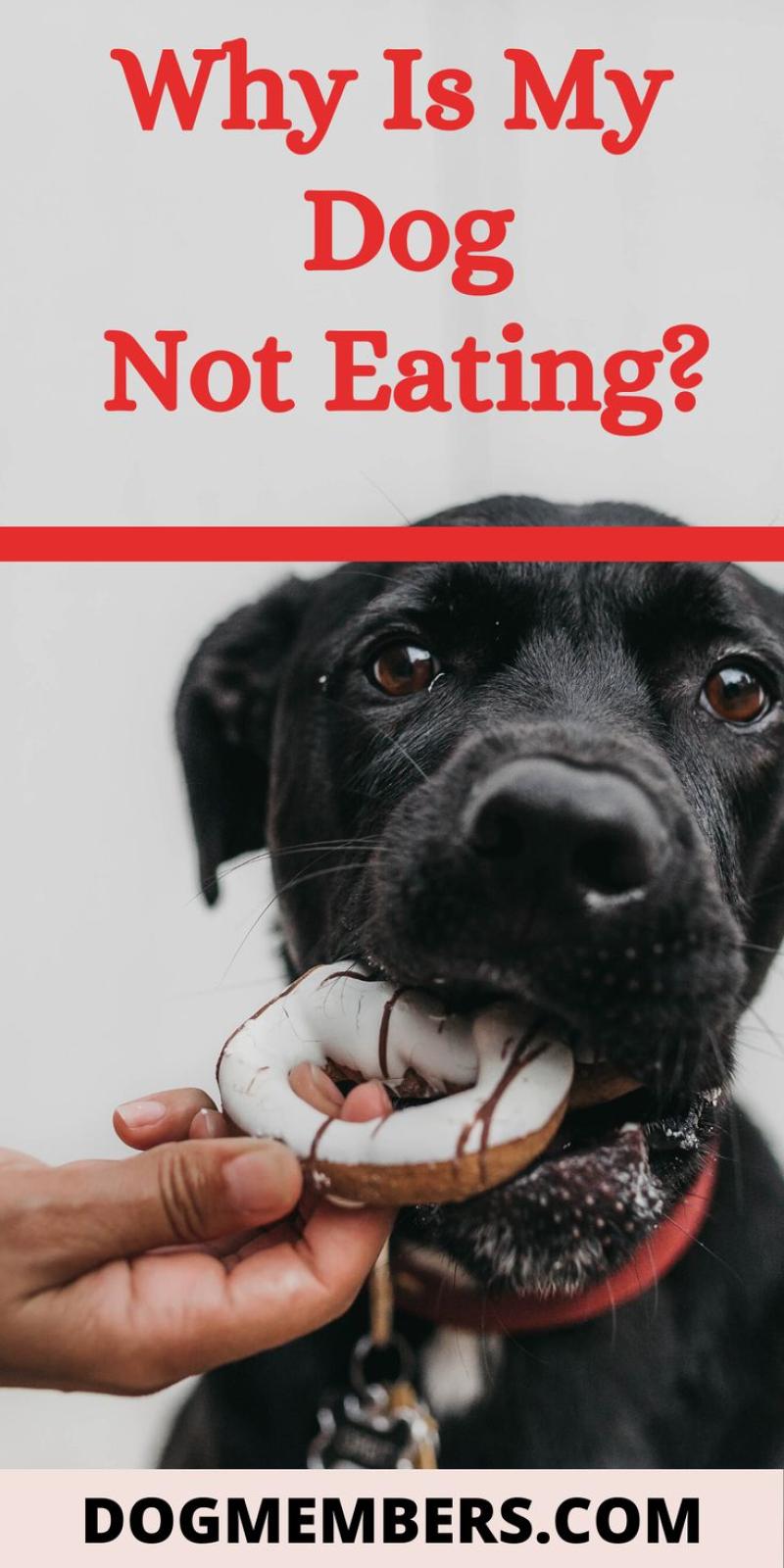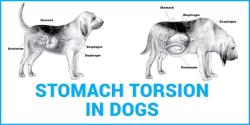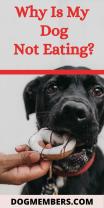When should I worry about my dog not eating?
A dog not eating can be a cause for concern, and it's important to pay attention to your pet's behavior. While there can be various reasons why a dog might refuse to eat, here are some signs and next steps to consider:
Duration of Refusal:
- If your dog misses a single meal, it may not be a significant concern. Dogs can skip a meal occasionally for various reasons.
- However, if your dog continues to refuse food for more than 24 hours, especially if accompanied by other symptoms, it's time to be more attentive.
Observe Other Symptoms:
- Check for other signs of illness or distress, such as lethargy, vomiting, diarrhea, changes in water consumption, changes in urination, coughing, or any noticeable behavioral changes.
- If your dog is exhibiting other symptoms or seems unwell, consult with your veterinarian promptly.
Dental Issues:
- Dental problems can make eating painful for dogs. Check your dog's mouth for signs of dental issues such as swollen gums, broken teeth, or bad breath.
- If you suspect dental problems, consult your veterinarian for a dental examination.
Changes in Diet or Environment:
- Changes in the dog's diet or environment can lead to temporary loss of appetite. Consider if there have been any recent changes in food brand, formula, or living conditions.
- Gradually transitioning to a new food and maintaining a stable environment can help alleviate stress.
Medical Conditions:
- Various medical conditions, such as gastrointestinal issues, kidney problems, liver disease, or infections, can cause a loss of appetite.
- If your dog's refusal to eat persists or is accompanied by other concerning symptoms, consult with a veterinarian for a thorough examination and diagnostic tests.
Age and Breed Considerations:
- Puppies may go through phases of decreased appetite during growth spurts, while older dogs may experience changes in metabolism.
- Certain breeds are more prone to specific health issues, so knowing your dog's breed characteristics can help in understanding potential health concerns.
External Factors:
- External factors such as extreme weather conditions, travel, or changes in routine can affect a dog's appetite temporarily. Monitor your dog and allow time for adjustment.
Always trust your instincts. If you are concerned about your dog's health or behavior, it's best to seek professional advice from a veterinarian. They can provide guidance based on a thorough examination of your dog's overall health and history. Early detection and intervention can often lead to better outcomes for your pet.
Canine health concerns: When should I worry about my dog not eating?
A dog's appetite is a good indicator of its overall health. While it's normal for dogs to occasionally skip a meal or two, a loss of appetite that persists for more than 24 hours can be a cause for concern. Here are some signs that may indicate a potential health issue:
Complete lack of appetite: If your dog refuses to eat any food at all, even their favorite treats, it's important to seek veterinary attention immediately.
Decreased appetite along with other symptoms: If your dog is eating less than usual and exhibiting other symptoms such as lethargy, vomiting, diarrhea, or weight loss, it's important to consult your veterinarian to rule out any underlying medical conditions.
Sudden change in appetite: If your dog has always had a healthy appetite and then suddenly stops eating, it's worth investigating the cause. This could be due to a change in diet, stress, or an underlying medical condition.
Identifying signs and reasons for concern when a dog loses appetite and strategies for pet owners
As a pet owner, it's crucial to pay attention to your dog's eating habits and identify any changes that may signal a potential health issue. Here are some signs to watch for:
Reduced food intake: If your dog is consistently eating less than usual or leaving food in their bowl, it's a sign that something might be wrong.
Change in food preferences: If your dog suddenly loses interest in their usual food or starts showing preferences for specific types of food, it could be a sign of an underlying health issue.
Lethargy and weakness: A loss of appetite often accompanies lethargy and weakness, indicating a more serious problem.
Strategies for pet owners:
Monitor your dog's eating habits: Keep track of how much food your dog is eating and how often they are eating. This will help you identify any changes in their appetite.
Observe your dog's overall behavior: Pay attention to your dog's energy levels, activity level, and overall mood. Any changes in these areas could be related to their appetite loss.
Consult your veterinarian: If you notice any changes in your dog's eating habits or behavior, don't hesitate to consult your veterinarian. They can help determine the cause of the problem and recommend appropriate treatment.
Tips for understanding and addressing potential health issues related to a dog's eating habits
Understanding the potential causes of a dog's loss of appetite is crucial for addressing the underlying issue. Here are some common causes to consider:
Dental problems: Dental issues such as tooth decay, periodontal disease, or oral ulcers can make eating painful and lead to a loss of appetite.
Gastrointestinal issues: Digestive problems such as vomiting, diarrhea, or intestinal parasites can cause appetite loss and other symptoms.
Kidney or liver disease: These conditions can affect the body's ability to process nutrients, leading to decreased appetite and weight loss.
Stress or anxiety: Dogs can experience stress and anxiety due to various factors, such as environmental changes, separation anxiety, or new pets in the household. This can lead to a loss of appetite.
Pain: Pain from injuries, arthritis, or other conditions can make eating uncomfortable and lead to a decrease in appetite.
Addressing these issues requires a proper diagnosis and treatment plan from your veterinarian. They can identify the underlying cause and recommend appropriate medications, dietary changes, or other interventions.




